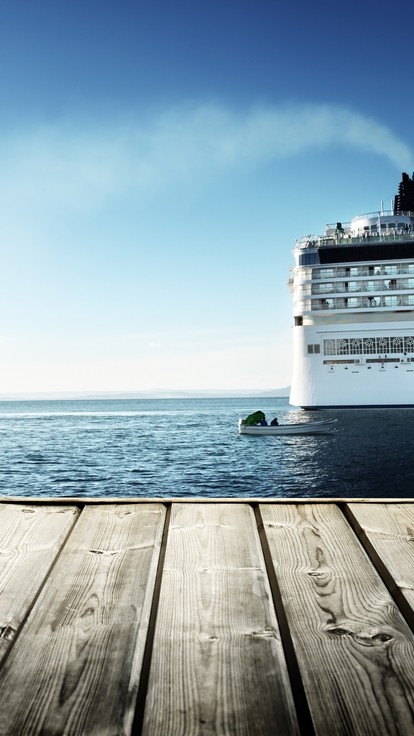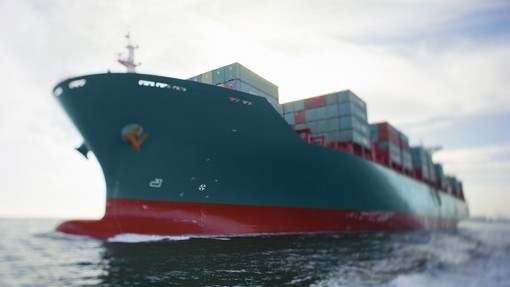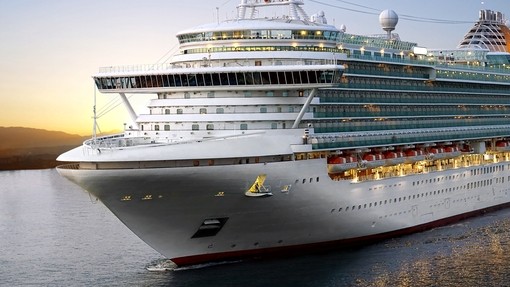COVID-19 and the unsung heroes - our seafarers

Details
Javed Ali and Sarah Barnes highlight some key points to assist shipowners in protecting their seafarers’ mental health during the unprecedented COVID-19 pandemic.
On 9 April, the Centers for Disease Control and Prevention (CDC) extended its ‘no sail’ order for all cruise ships by at least 100 days, telling Americans to avoid cruise ships. The extension comes after the CDC ruled that passengers or crew arriving in the US from a cruise ship will no longer be able to board commercial flights.
Among other requirements, the ‘no sail’ order requires the establishment of processes for ship captains and medical resources to identify with confidence whether or not ships have cases of COVID-19 on board; detailed quarantine and isolation procedures; and the ability to supplement on board capability with external resources if needed.
As a result, while many cruise lines have temporarily suspended sailings, several ships that were already out at sea have become stranded. As a shipowner, it is therefore important to be prepared in advance should you be faced with such a situation, and to have processes and procedures in place on board to ensure that your crews’ wellbeing is maintained and monitored throughout their stay on board.
Outbreak plan
The outbreak management plan should include procedures recommended by the World Health Organisation (WHO) and the International Maritime Organisation. This will include cleaning guidelines, systems and procedures, plus evidence of cleaning public areas. Additionally, thorough disinfection of isolation cabins must be undertaken.
You also need to have procedures for isolating any suspected seafarers with COVID-19 in their cabins. Seafarers should be aware of the COVID-19 outbreak plan and how to implement it. This should give them some comfort to know that there is support and help should a COVID-19 incident arise on board.
European Commission
75% of goods arriving in and leaving the EU are transported by sea. The European Commission (EC) have advised that it is the primary responsibility of cruise ship operators and shipowners to arrange for the return of persons on board, whether crew or passengers, regardless of whether disembarkation takes place within or outside the EU. This includes seafarers being able to travel to the ports where they need to embark and be allowed to disembark and return home.
Member States have been advised in a guidance note issued by the EC on the protection of health, repatriation and travel arrangements for seafarers, passengers and other persons on board ships to permit crew changes to take place in their ports, and for ships flagged in an EU Member State, the flag State should allow passengers and crew to disembark in one of its ports. The EC has further advised that Member States should designate several ports in the EU for fast-track crew changes and these should be geographically dispersed to cover the EU and should be connected to operational airports and rail stations. The aim is that by designating ports where crew changes can take place safely and unhindered in the EU can then be widened to be implemented worldwide.
At present approximately 100,000 seafarers are at sea due to the coronavirus closures worldwide which is preventing the seafarers from either entering or leaving countries or finding airline flights to return home. Hence the International Air Transport Association (IATA) and the International Chamber of Shipping (ICS) are jointly calling on governments to take urgent action to assist in crew change flights for seafarers. Priority airports should include those close to major shipping lanes having direct air connections to seafarer countries of residence, such as China, the Philippines, India as well as destinations in western and eastern Europe.
Employment contract
The International Labour Organisation has advised that effective protection of the health and safety of seafarers during COVID-19 must remain a priority. As per the guidance ‘Maritime Labour Convention, 2006 and Covid-19,’ seafarers must be kept informed about the reasons why they are required to stay on board and a Seafarers Employment Agreement must remain in force until repatriation. If any of the Seafarers Employment Agreements have expired, then they must be extended or new ones issued on the same terms and conditions.
The Maritime Labour Convention 2006 (MLC) sets out minimum working and living rights for seafarers. The MLC requires shipowners to provide assistance and support if a crew member suffers sickness during their employment, which begins when the crew member commences their duty and ends when they are repatriated.
There is also an obligation on the ship’s captain to notify the port health authority at the next port of call if there is a suspected COVID-19 case and, they should be able to assist with medical assistance for an ill seafarer.
The MLC provides that the following costs should be covered: (1) the cost of medical treatment and any medication; (2) food and accommodation costs until the crew member has recovered or until the sickness has been declared permanent; and (3) full wages while the crew member remains on board or until they are repatriated. This includes any situation where a crew member is isolated on or off the ship, or where a crew member has left a ship but has not been able to secure transport home.
When the seafarer has been repatriated, they are entitled to wages as detailed in national laws or regulations or as provided for in collective bargaining agreements until they have recovered.
Mental health
Seafarers’ mental health is by no means a new phenomenon. Seafarers’ have always spent long periods of time on ships and away from home, but COVID-19 means that seafarers’ are struggling to sign off from ships, and are therefore facing an unprecedented extended period of time on board. Seafarers are not only worried about their own health but also about the health of their families back home. This stress will therefore have an even bigger impact on their mental health.
Seafarers have developed skills, such as the ability to manage long periods in confined spaces and manage to deal with the situation where they do not see their family or friends for long period of time while on board. Seafarers manage boredom by keeping in contact with other seafarers while on board; remain connected to family and friends remotely; and undertake activities that they enjoy while on board. These are all aspects which the general population are now having to learn in order to cope with COVID-19 restrictions.
Depression and anxiety are crippling illnesses in themselves. In such unprecedented times, it is vitally important to empower seafarers to take control of their mental health when anxiety is high and there is limited information on when the situation will improve, anxiety about family and friends ashore will be high.
Shipowners have a duty to take reasonable care for the health, safety and welfare of their seafarers even when faced with such an unprecedented pandemic as COVID-19. It is therefore important that shipowners provide support to their seafarers to maintain good mental health and wellbeing. Some basic steps shipowners can implement by way of example are:
- Implementing or reinforcing access to employee support and providing the ability for seafarers to seek any counselling or other support they may need
- Providing access for seafarers to stay connected to family and friends
- Encouraging seafarers to support each other and be sociable - for example, by encouraging exercise and arranging socially distant complaint activities
- Providing access where possible to healthy food
- Providing a positive workplace culture to encourage seafarers to talk openly and honestly about any feelings they have, particularly when they’re struggling, and to feel safe in asking for help and support. The best role models to take this role on whilst at sea are the Senior Officers and Captains although there should be a general awareness amongst all crew
The international seafarers’ welfare and assistance network (ISWAN) is a membership organisation that works to promote and support the welfare of seafarers all over the world. A guide issued by ISWAN provides information on mental health, maintaining psychological help on board ships, and on managing stress and problems with sleep. This guide can be downloaded.
Seaferer helpline is also available both by telephone and by online live chat.
The shipping industry need seafarers. Although it will take some time, this crises will end, and at that time, the shipping industry will be looking for seafarers to return. In the interim, it is important to continue with the number one priority: the health and wellbeing of every seafarer on board a ship.
For any advice on the above issues, please contact Javed Ali or Sarah Barnes.
For further updates and other articles discussing the impact of the coronavirus please view our coronavirus hub.




